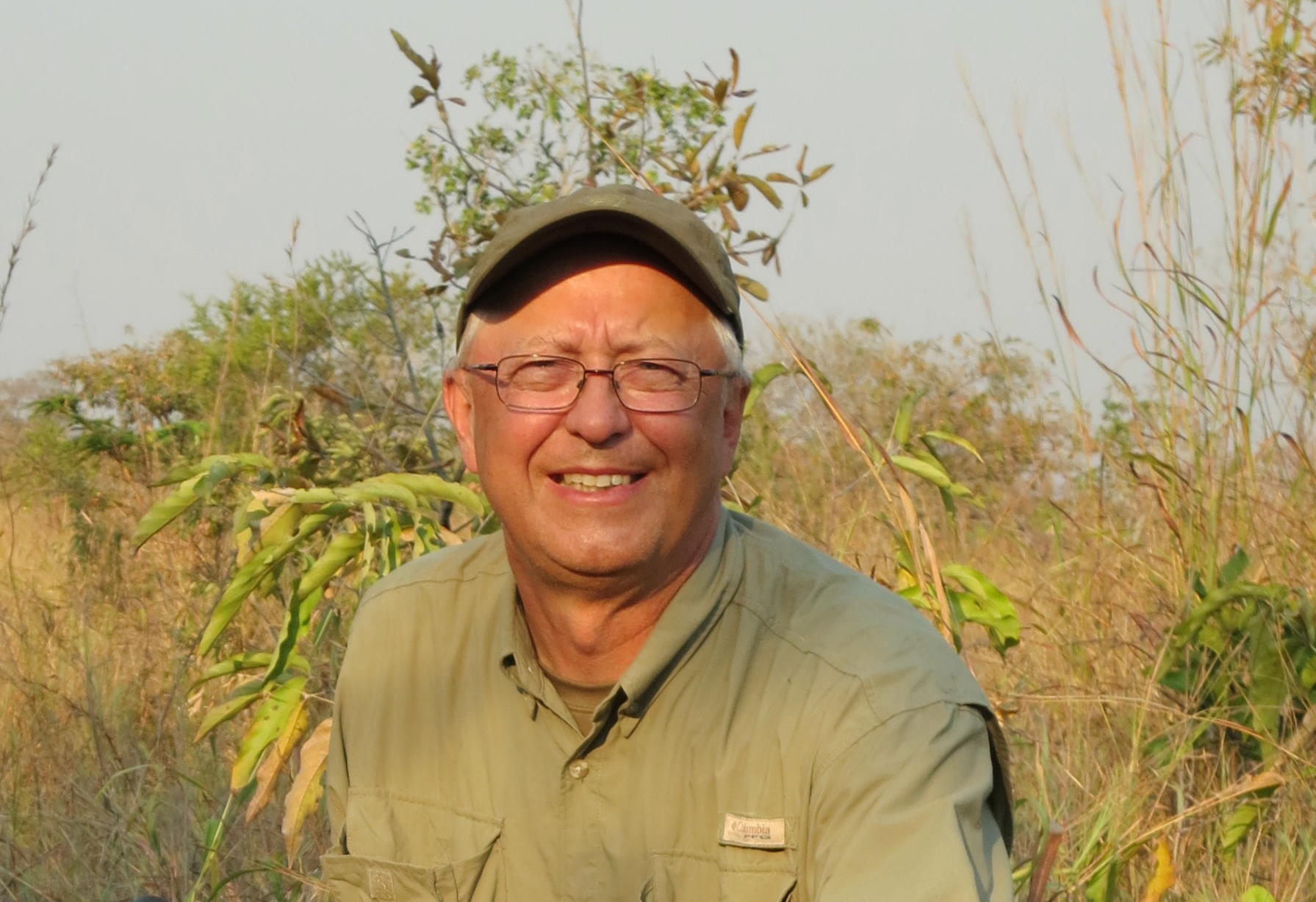John Seitz was named to the inaugural class of “HGS Legends in Wildcatting” in 2000, along with George Mitchell, Joe Foster, Marlan Downey and Gene Van Dyke. At that time, Seitz was nearly 25 years into his career and in senior leadership roles with Anadarko Petroleum, where he led successful exploration campaigns in Algeria and Nigeria, among others.
Seitz hasn’t slowed down in the twenty-four years since being named a Legend. He rose to the role of President and CEO of Anadarko before departing in 2003. Seitz then co-founded North Sea New Ventures that became Endeavor International, where he led key discoveries in the North Sea. In 2014, he co-founded GulfSlope Energy, where he is currently the President, CEO and COO.
Over his nearly 50-year career Seitz has learned key lessons about being a successful geologist: learning from mistakes, valuing commercial skills, and staying close to the technical work. These lessons, along with a passion for exploration, keep him going even when the commercial landscape for exploration is challenging.
Be willing to learn from mistakes
Seitz says one of the core lessons he learned at Anadarko was to make data-driven decisions and be willing to learn from mistakes. He describes that it is critical to document the basis for a decision and then to “thoroughly post-appraise” the outcome of the decision. Seitz stresses that the post-appraisal process is not intended to find a guilty party, but instead to understand whether decision-makers took unnecessary risk.
Good technical decisions are based good data. “You have to invest in science—the data, the people and tools. Not to invest is a mistake,” Seitz says. Once the data is gathered, the next step is to build a portfolio of opportunities. The third step is to balance the portfolio with a mix of risk v. reward probabilities. “Balance your gut feel with confidence from data,” he says. Seitz explains that with each success at Anadarko he was given more room “to run faster, run harder.”
Commercial skills are as essential as technical skills
“Early in my career, I was frustrated that my prospects weren’t getting funded,” says Seitz. He entered an MBA program at University of Houston in 1976 where he learned foundational economic and commercial skills. Although he didn’t complete the program, he says the skills he learned allowed him to view opportunities differently and bring forward prospects that had both technical and commercial potential. “The ability to speak the language of returns helped me to get into management,” he says.
In the past two decades, Seitz has been trying to get prospects funded by capital markets or private equity. He says the ability to raise risked capital is just as important has having good technical opportunities, but the skill sets are very different. Seitz notes that engineers have an advantage because they typically are involved more than geologists on economic evaluations.
Raising capital has a been challenge. “You earn your stripes well to well,” he says. While at Endeavor, Seitz had a 61% success rate of exploration and appraisal wells. Endeavor’s discoveries and appraisals included the 30 MBO Rochelle field. Another Endeavor appraisal well confirmed that the Cygnus discovery was one of the largest North Sea discoveries in recent history (AMEX_END_2008.pdf (annualreports.com). These successes, however, were not enough to keep investors motivated through the development phase and the company was closed in 2014.
When Seitz co-founded GulfSlope, he intended to raise capital for drilling prospects. However, GulfSlope’s launch was coincident with the 2014-15 shale boom and subsequent industry downturn. Seitz laments that today’s investors want to put their capital towards unconventionals or Energy Transition projects rather than exploration. “Sometimes it feels like butting my head against the wall,” says Seitz, “But we are still going.”
Stay close to the technical work
Seitz says that his last role at Anadarko was too far away from the people conducting the technical work. Similarly, he finds board roles weren’t sufficiently satisfying because he was too far removed from technical decisions. Seitz jokes that he prefers to be no more than “three offices away” from the landman and the geologist because it allows for efficient decision-making. “It’s all about the people, their creativity, and the small role I can play of having my ideas contribute to the process,” he says.
Similarly, it is critical to have a strong technical team whose skills complement one another. The days of the “sole contributor” are over, says Seitz. Specialized skills are needed to understand each aspect of the risk profile to make good decisions. While it is easier to learn those skills at a big company, it’s most important to work for a company that values learning, he says.
Going forward
Reflecting on the current push for renewables, Seitz says that the Energy Transition is not likely to happen quickly, and hydrocarbons will continue to play an important role going forward. He also reflects on the positive impact of hydrocarbons to economies around the world. “Oil means jobs and jobs mean stability,” explains Seitz.
Throughout his nearly fifty years in the Oil and Gas business, Seitz says he has learned to “stick to your guns.” Although he is currently looking for the right producing property to acquire, he plans to continue working to convince investors in the value of exploration and production and to seek like minded partners.

